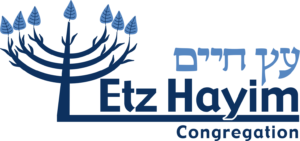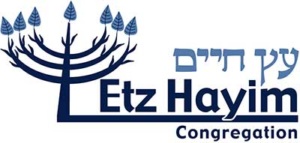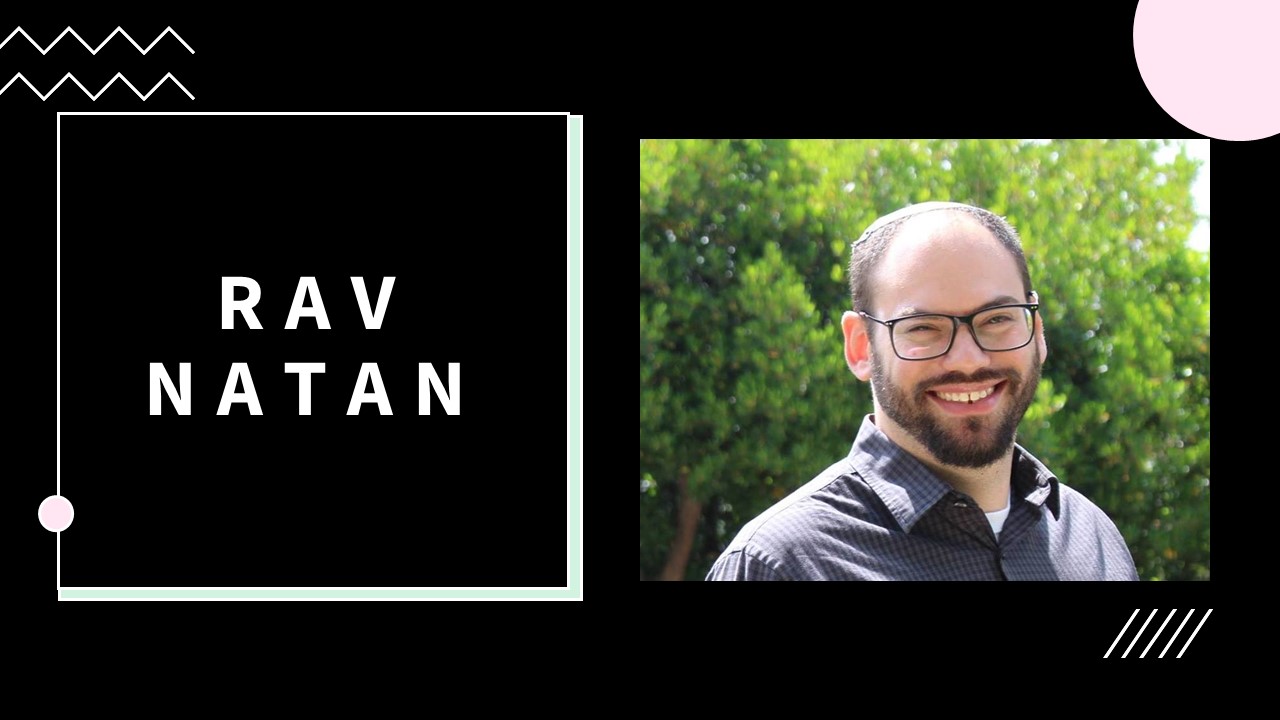Dear Congregation Etz Hayim,
As an immigrant, I learned about Thanksgiving as a central aspect of American Culture. The focus on family and sharing moments of expressing gratitude to one another invites us Jews for a spiritual preparation for the holiday. I would like to share with you today some words that might encapsulate the moment we are living right now, and how to move forward.
There are 4 different kinds of prayer: shevach (praise), bakasha (request), hodaya (thanksgiving), tachanunim (supplications).
The central prayer of our services, the Amidah, is divided in 3 parts. It starts with shevach – praising the divine attributes of greatness, courage, and awesomeness, strengthening our relationship with God, the source of these attributes, aiming to develop them in our own behavior. We establish our particular historic relationship with our God who has been there as part of our journey since Avraham and Sarah left their house towards the promise land. Life is a journey and praising God for our past communal relationship creates in us a sense of belonging, an ethical commitment with the divine values.
The second part, except on shabbat and holidays, is dedicated to bakashot, petitionary prayers, individual and communal asks to bring God closer to us in our effort to transform those divine and human concerns into reality. Being aware of our challenges is the first step to bring the change we need. This sections begins with individual requests and ends with a call for the communal welfare.
The third part, and focus of this exercise, is an opportunity to show our gratitude – hodaya, also known as thanksgiving prayers. While this is a core element of our daily prayer routine, the American calendar calls for a specific time of the year to be dedicated to this enterprise. While this part of the Amidah gives thanks to God for our partnership, for daily miracles, and for God’s eternal compassion, this season invites us to go beyond and explore other areas of our lives that deserve some gratitude as well.
Journalist John Tierney wrote in the New York Times a few years ago, “Cultivating an ‘attitude of gratitude’ has been linked to better health, sounder sleep, less anxiety and depression, higher long-term satisfaction with life and kinder behavior toward others, including romantic partners.”
Just like Rabbi Mordechai Kaplan urged his generation to reconstruct and resignify their Jewish rituals, Thanksgiving has been through a similar process. This is not a holiday about the power dynamic that existed in this land centuries ago anymore. Thanksgiving became the uttermost expression of family and community, celebrating gratitude for what is the most important part of our lives.
The Pirkei Avot teaches that rich is the one who rejoices in their portion. To value the joy of family, love, friendship, and community is what makes someone rich, according to our sages Thanksgiving as we celebrate today is very Jewish. As always, we have embraced traditions from the lands where we lived in. This is not different than what our ancestors did when created the Seder in light of the Greek symposium or Yom Haatzmaut, celebrating the national identity of our modern nation state, like many other western countries.
I find myself these days looking back to everything we have accomplished and everything we missed this year. So much has happened since March when we began to discover how this pandemic would change our lives. Reasonable expectations for a year of our lives changed drastically. Much was lost. Much has been created and reinvented.
“Contemplate a higher power. Religious individuals don’t necessarily act with more gratitude in a specific situation, but thinking about religion can cause people to feel and act more gratefully, as demonstrated in experiments by Jo-Ann Tsang and colleagues at Baylor University. Other research shows that praying can increase gratitude.” Wrote John Tierney in the same NYT article.
As we sit around the table for this Thanksgiving, I invite you to go deeper this year. While the loss of the past months is always present and highlighted when our dining room tables are smaller, this is an opportunity to allow ourselves to express our gratitude in a very Jewish way.
The fourth kind of prayer, tachanunim, can be translated as supplications, once it aims to ask for forgiveness. But the first step and maybe the hardest and most important one is to look inside, evaluated ourselves, see where we are and where we want to be. The tachanun, said on weekdays after the Amidah, and the Vidui – a collection that includes Ashamnu and Al Chet on the High Holidays – are among the prayers focused on this less known mode of tefilah.
Gratitude comes with an opportunity to look back and forward almost at the same time. As we look back with appreciation and resentment, we must look forward with compassion and lovingkindness. This pandemic isn’t going away tomorrow. We need to use this opportunity to create some energy out of gratitude and love that will move us forward, protecting the people we love the most while taking care of each other, despite the physical distance.
Hodu lAdonai ki tov, ki leolam chasdo. Give thanks to God for it is good. The divine lovingkindness is eternal.
May we all find good reasons to be thankful for in this season, with family, friends and community.
Happy thanksgiving,
Rav Natan


